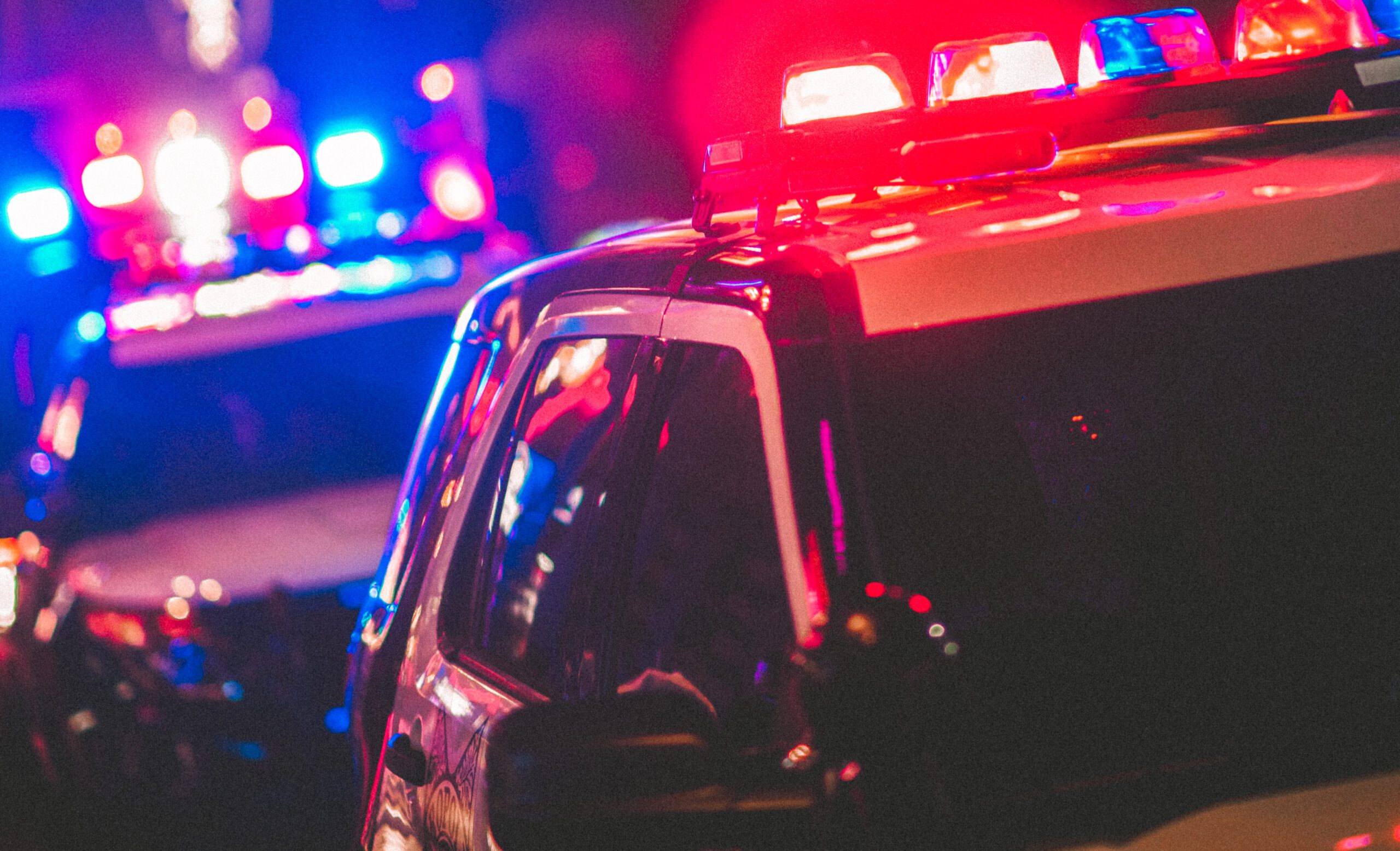Murder and car theft committed by teens are on the rise in Las Vegas, and experts say there are a multitude of different factors driving these numbers up. Two factors are the COVID-19 lock downs and social media. The rate of minors stealing cars went up 116% from 2022 to 2023, according to data from the Las Vegas Metropolitan Police Department (LVMPD). The number of teens between the ages of 12 and 17 being arrested for murder went up 325% from 2022 to 2023. Teenagers committed 12.6% of murders in the valley in 2023 compared to 2.6% in 2022. Only four teens were arrested for murder in 2021.
The increase in crime seems to be continuing into 2024. As of May 3, LVMPD has arrested four teenagers for murder and 28 for car theft this year. One of them is a 15-year-old girl whose name was not released. The 15-year-old is charged with murder with a deadly weapon, robbery with a deadly weapon, and conspiracy to commit robbery after she and five other people robbed and shot a man in an apartment complex on Torrey Pines Drive and Lake Mead Boulevard. Michael Watson, the Juvenile Team Chief from the District Attorney’s office, says that teens commit crimes in groups, which they don’t really see happen with adults.
Social Media
Watson also says one of the reasons we are noticing an increase in teen crime is from the Kia Boyz videos that went viral at the end of 2022. These instructional videos uploaded to YouTube and TikTok showed kids how to steal Kias and Hyundais with screwdrivers and USBs. While a lot of the Kia Boyz in Las Vegas were first-time offenders, he says now they are seeing a lot of kids going back and stealing more cars. Dr. Alexis Kennedy, a forensic psychologist and criminal justice professor at UNLV, says the Kia videos make car theft look easy. Bored kids see these videos and think, “Oh wow, I got to try this.”
In an anomalous case of juvenile car theft, Jesus Ayala, who was seventeen at the time of his arrest, and 16-year-old Jzamir Keys stole a Hyundai on August 14, 2023. Ayala was driving the stolen vehicle when Keys recorded him crashing into a bicyclist on purpose. The bicyclist, Andreas Probst, a retired police officer, later died at University Medical Center. In the video, one of the juveniles can be heard saying, “Hit his *ss.” After Ayala was detained, he told the police officer transporting him to UMC for an evaluation, “You think this juvenile sh*t is going to do some sh*t? I’ll be out in 30 days. I’ll bet you.” Ayala and Keys are being charged as adults for murder.
Unfortunately, Kia thefts aren’t the only social media-fueled crime that can turn into homicide. In one case, two teens were arguing on Instagram Live, met up to fight, and it turned into a shooting, Watson said. In another instance, a minor went to “buy” an iPhone from somebody on Offer Up and then shot the seller to steal the phone.
Substance Abuse
Ron Moore MSW, executive director and founder of Nevada Homes For Youth— a nonprofit that works with teens with substance abuse issues—says, “You see a lot of, you know, burglaries, break-ins, robberies, all that stuff associated with people trying to get money so that they can buy drugs.” One of the biggest impacts on delinquent adolescents is drug use. An article in the Journal of Substance Use & Addition Treatment reports that 70% of all arrested juveniles have “some type of drug involvement.” Then, the Office of Justice Programs reported that roughly 25% of adult offenders in local jails for property and drug offenses were trying to get money for drugs when they committed crimes.
COVID-19
Additionally, Kennedy and Watson both mentioned that the COVID-19 lock downs are still impacting children’s well-being. Kennedy said the pandemic “disrupted social connections,” and the kids who are in the delinquency system have a harder time bouncing back from that setback. Watson noticed that the lock downs made things seem “hopeless” and “pointless” for teens. Now, his office is seeing crimes becoming committed in numbers they haven’t seen before.
Moore says that 20-30 years ago, juvenile delinquency wasn’t as bad as it is today because everyone, the parents, school systems, and court systems worked together when helping troubled youth. If you isolate schools, “there’s more kids getting expelled kicked out of school,” he says, “most parents are relying on the school system as a babysitter.” When the kids aren’t in school, they are out on the streets, getting into trouble.
What Needs to Change?
“If you go right now, probably on Fremont Street, you’ll see kids panhandling,” he says. Then, he says even that can turn into crime if you have kids out there looking for money. It can turn into robbery. “The whole system is broken,” Moore says. He hopes the schools start to bring back programs that worked in the past for troubled youth and parents get involved when their kids are getting into trouble. He has noticed parents aren’t disciplining their kids. So, right now, a lot of parents have no control over their teenagers.
Kennedy says Las Vegas is a hard place to grow up in. It is a 24-hour “grown-up” town, and many parents work long hours. People under the age of 18 make up a quarter of our population, but kids are mostly ignored here. Kennedy feels we need to see more resources for these children and their families, improve the school system, foster connection, and acknowledge our teens. Juveniles are “way more rehabilitative” than adults, and it is important to put these statistics into context because “kids have always been acting out,” Kennedy says.

